BBC 'must pay for free TV licences' for over-75s
- Published
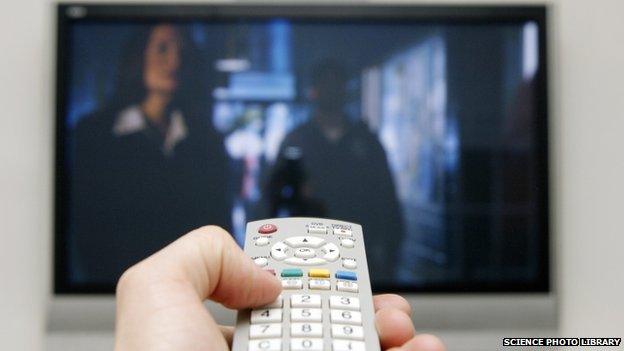
Free TV licences for over-75s are currently paid for by the government
The chancellor is planning to announce in Wednesday's Budget the BBC will have to meet the cost of free TV licences for over-75s, BBC News understands.
George Osborne wants the BBC to have "a strong future" but told the Andrew Marr Show that the corporation should make a "contribution" towards the deficit.
The move is reported to cost the BBC £650m, or one-fifth of its budget.
It is also understood the BBC and government are in talks over charging for use of the iPlayer.
This could recoup some of the cost of funding free licences for over-75s.
It would involve changing the law so that people who watch TV via the iPlayer and other online catch-up services would have to have a TV licence.
Currently the licence fee does not cover these digital services.
A BBC spokeswoman said it would not comment.

Analysis
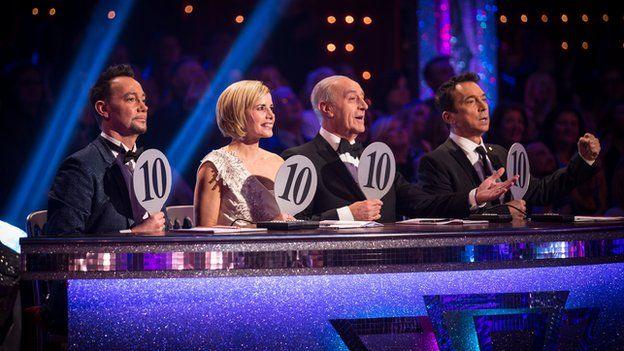
Mr Osborne said the BBC should still make 'fantastic programmes like Strictly'
By Nick Higham, BBC News
Mr Osborne seems to be offering a deal, perhaps to be announced in the Budget: a commitment to change the law so that iPlayer viewers also have to pay the licence fee.
It won't raise anything like enough to make up for that lost £650m but it would be a sign that the government is serious about protecting the BBC's long-term future in a world of rapidly changing technology.
And from the chancellor's point of view, offloading the over-75s' licence fee on to the BBC is a nifty bit of political footwork.
It goes a long way towards the government's target of cutting £12bn from the benefits bill.

The former chairman of the BBC's board of governors, Sir Christopher Bland, described the proposal as "the worse form of dodgy Whitehall accounting".
"It's transferring social policy on to the licence fee," he told the BBC's The World This Weekend.
"And of course it already follows the transfer of the World Service and the monitoring service to the licence fee. And neither of those have got anything to do with the licence fee payer.
"So it's really shoddy accounting."
Sir Christopher said it would be better for the chancellor to just cut the licence fee by £650m a year.
Osborne: "It's a good product, but it is becoming a bit more imperial in its ambitions"
The Conservatives promised in their election manifesto to continue to allow over-75s to receive free TV licences along with other pensioner benefits.
But with the government pledge to make £12bn of welfare savings, it is understood to have the BBC in its sights to help with the nation's finances.
Mr Osborne dismissed the notion that the BBC would have to axe major channels or radio stations if it took on the cost of free licences for the elderly.
'Juiciest fruits'
"I remember five years ago doing a deal with the BBC... where it took on £500m worth of responsibilities including things like the BBC World Service," he told Andrew Marr.
"I was told at the time by people: 'They're going to shut down BBC Two, they're going to close Radio 4'. They always seem to pick the juiciest fruits on the tree.
"I would say the BBC is a well-run organisation under Tony Hall, I'm absolutely sure they can make a contribution. But I want the BBC to have a strong future."
The chancellor also said the BBC website needed to be looked at "very carefully", highlighting it as an area which could be pruned back.
'Imperial in its ambitions'
Commenting on the likelihood of national newspapers moving purely online in the next decade, he said: "You wouldn't want the BBC to crowd out national newspapers."
The chancellor then queried the BBC website carrying "features and cooking recipes", saying: "Effectively the BBC website becomes the national newspaper as well as the national broadcaster."
He added: "If you look at the BBC website it's a good product but it is becoming a bit more imperial in its ambitions."
Hailing "fantastic programmes like Strictly", he said the BBC should continue to produce "popular" shows "people want to watch".
BBC job cuts
He described the BBC as "a really important national institution and a fantastic broadcaster that produces some of the best television and radio in the world".
He said the government wanted to give it "a sustainable future in an age where the technology is changing, where there are lots of other broadcasters out there".
Last week it was announced the BBC is to cut 1,000 jobs because of a £150m budget gap in its licence fee income.
Lord Hall said the shortfall had been caused by an unexpected increase in the number of households saying they do not watch live TV, using catch-up services instead.
The BBC has to renegotiate Charter Renewal with the government in 2016, in which the corporation is told how much it will receive through the licence fee.
- Published2 July 2015
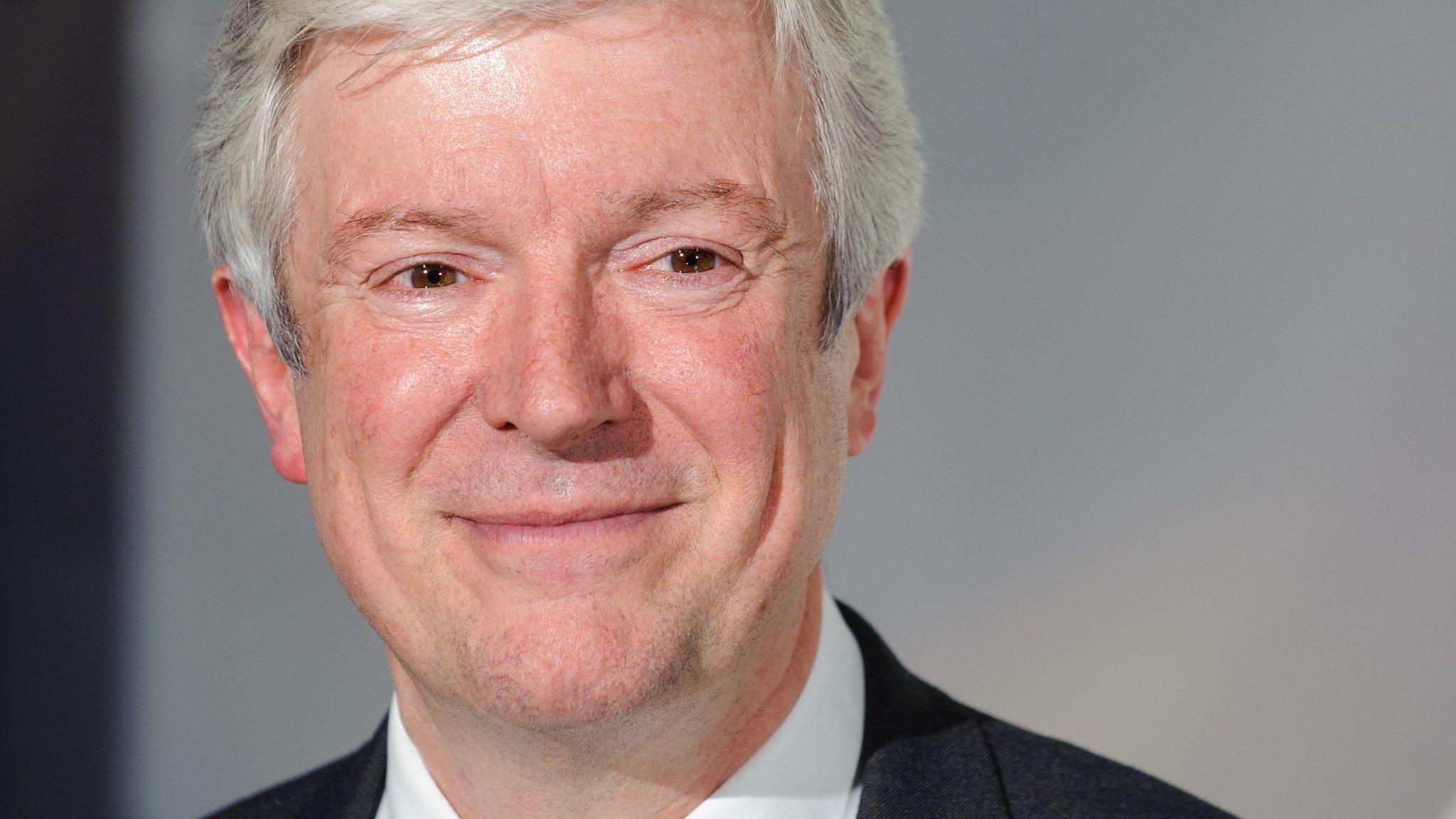
- Published30 June 2015
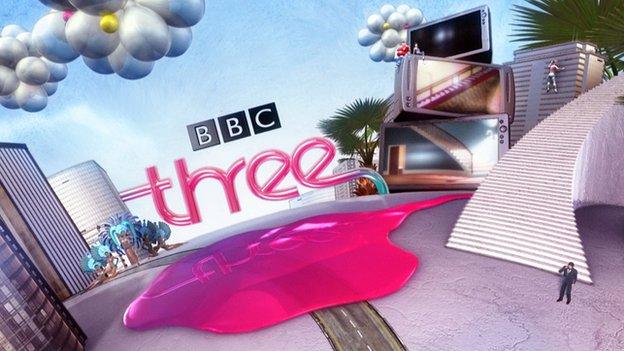
- Published21 June 2015
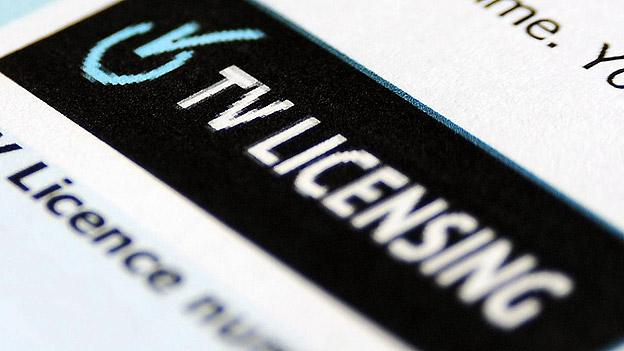
- Published4 June 2015
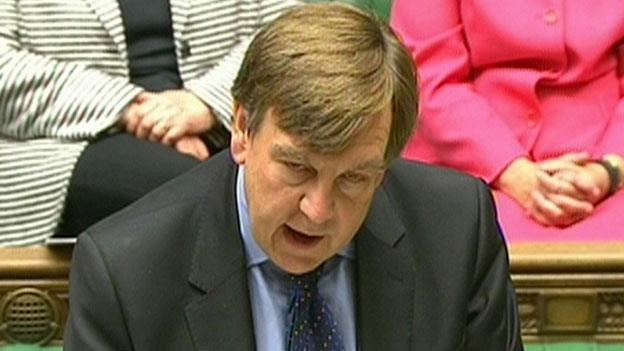
- Published26 February 2015
